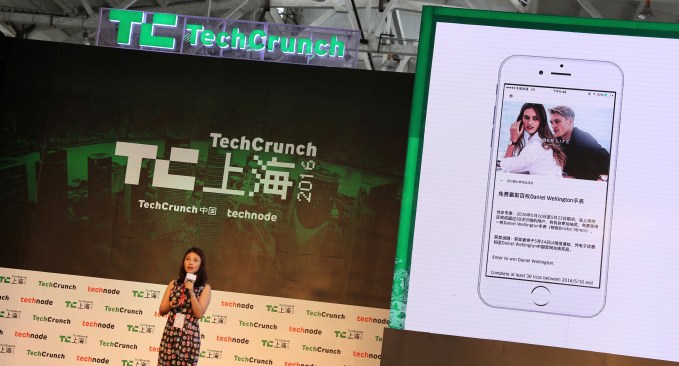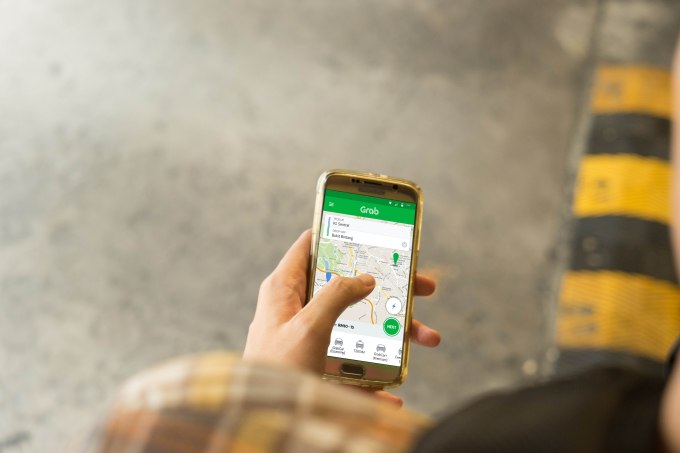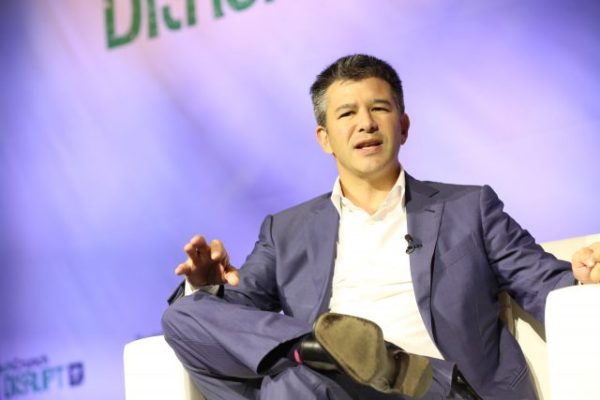Many in the media and tech industry see Uber’s decision to sell its Chinese business unit to rival Didi Chuxing as a failure for the U.S. ride-hailing giant. It’s easy to believe that the sale of Uber China’s operations to its closest rival is a face-saving exercise, an inevitable outcome for a U.S. company that tried to beat the odds and succeed in China.
But the more you chew over the finer points of the deal, the more it looks like an astute piece of business for both parties.
Don’t believe that this deal was created in haste. The rumor of a merger had been circulating for a month — with both sides denying it — and one source close to negotiations told TechCrunch that the two parties had tried to engineer a deal two previous times without success. So it was third time lucky but, more importantly, ongoing discussions suggest that this is more than Uber saving face — this is an alliance.
Likewise, don’t believe that Didi acted out of kindness. Didi showed it can raise capital easily when it closed a colossal $7.3 billion funding round that even included money from Apple. It could have let Uber continue to spend billions in China and wither, but it wanted to remove its threat from China and perhaps elsewhere. This was two-way; not merely a tactical Uber exit.
So, how does the deal play out?
Firstly, and most obviously, Uber swaps its capital-intensive business unit in China that its own CEO said was costing it $1 billion per year, for a (potentially) near-20 percent stake in the country’s dominant ride-sharing company, valued at $35 billion. That’s a near-11 fold increase on Didi’s valuation when it was formed by a merger in 2015.
But there’s certain to be a lot more growth.
Earlier this summer, Li Zijian, senior director for international strategy at Didi, estimated that his company is taking just 1.1 percent of China’s taxi market. China’s new regulations, which will legalize Uber and Didi from November, combined with this merger are sure to mean that Didi’s business grows multiples more — all with Uber as its largest single shareholder.
That stake not only allows Uber to move towards a much-anticipated IPO by removing the China cash burn from its balance sheet, but it is likely to be a very lucrative holding in a business with vast potential to grow. Even if Didi has so far denied reports of IPO plans of its own.
There are some who argue that Uber could have saved time and money and simply invested in Didi earlier if it wanted this kind of financial return potential. For one thing, it would have needed to choose between Didi Kuaidi and Didi Dache, which eventually merged. But, more than that, it is foolish to believe that Didi Chuxing would have grown into the company that it is today without rivalry from Uber.
Uber, for example, pioneered peer-to-peer in China when it introduced People’s Uber in late 2014. It hadn’t been done before at scale. Didi was unprepared and late to the party, introducing its take on the service some six months later. The company started out working exclusively with licensed taxis, and this example shows that competition with Uber clearly sharpened its business and helped shape its growth.

Uncertainty for Didi’s allies
The real negative here looks to be for Didi’s allies: Lyft in the U.S., Ola in India and Grab in Southeast Asia.
The four companies formed a coalition, dubbed the ‘Anti-Uber Alliance’, last year for business synergies such as enabling users to roam between services when they travel, and sharing know-how. Alongside that, Didi made investments in its three allies: putting $100 million in Lyft, and contributing undisclosed minority amounts to Ola’s $500 million round last year, and Grab’s most recent $350 million raise one year ago.
While it often seemed like a PR play, the coalition does give Didi’s cohorts solidarity and support, and likely increased confidence to investors, all of which is important when you are battling a global giant like Uber, which is seemingly capable of raising billions in fresh funding on a whim.
Well, that alliance looks uncertain at best, or messy at worst, following Uber’s deal with Didi.
Not only has Didi struck a deal with the sworn enemy and given it a sizable chunk of its business, but it made an undisclosed investment in Uber’s global business which Bloomberg pegged at $1 billion. That’s a drop in the ocean for Uber given the numbers it has raised, but, if the figure is correct, then that investment is multiples larger than the money Didi put into its fellow alliance members.
Not only that, but Uber CEO Travis Kalanick will sit on the Didi board, no less, while Didi Chairman Cheng Wei will join the Uber board.
Many, including yours truly, saw the alliance and those Didi investments as a possible first step to acquisitions to expand Didi overseas as and when it saw fit. But this deal with Uber throws all of that into contention. Who is to say that, in Southeast Asia, for example, Didi will back Grab with any vigor now that it is also aligned with Uber. It could let the market play out and then befriend the company that wins.
That’s a hypothetical scenario, of course, but it was unthinkable prior to yesterday.
The responses
Grab was bullish on the news, with CEO Anthony Tan coming out positively before the deal was even confirmed. Tan said in a company-wide memo that we obtained that Uber’s exit was proof a regional rival could defeat Uber.
“They’ve lost once, and we will make them lose again,” he told his staff.
Fighting words indeed, but the conditions that forced Uber’s exit from China simply don’t exist in Southeast Asia which weakens the comparison. The subsidies war is almost certainly multiples more modest than China, and Uber is only just getting round to putting the pedal to the floor in the region.

While Tan publicly rallied his troops, you’d imagine that he was privately disappointed at the way this incident has played out.
Lyft, for one, was more measured with its comment on the Uber-Didi deal.
“Over the next few weeks, we will evaluate our partnership with Didi,” a spokesperson told the Wall Street Journal. “We always believed Didi had a big advantage in China because of the regulatory environment.”
Ola of India declined multiple requests to comment publicly on the deal.
It’ll take some time before the smoke clears and we understand more about how this deal impacts the global ride-sharing economy, but right now it looks like Uber is sitting a lot prettier than many people believe.
